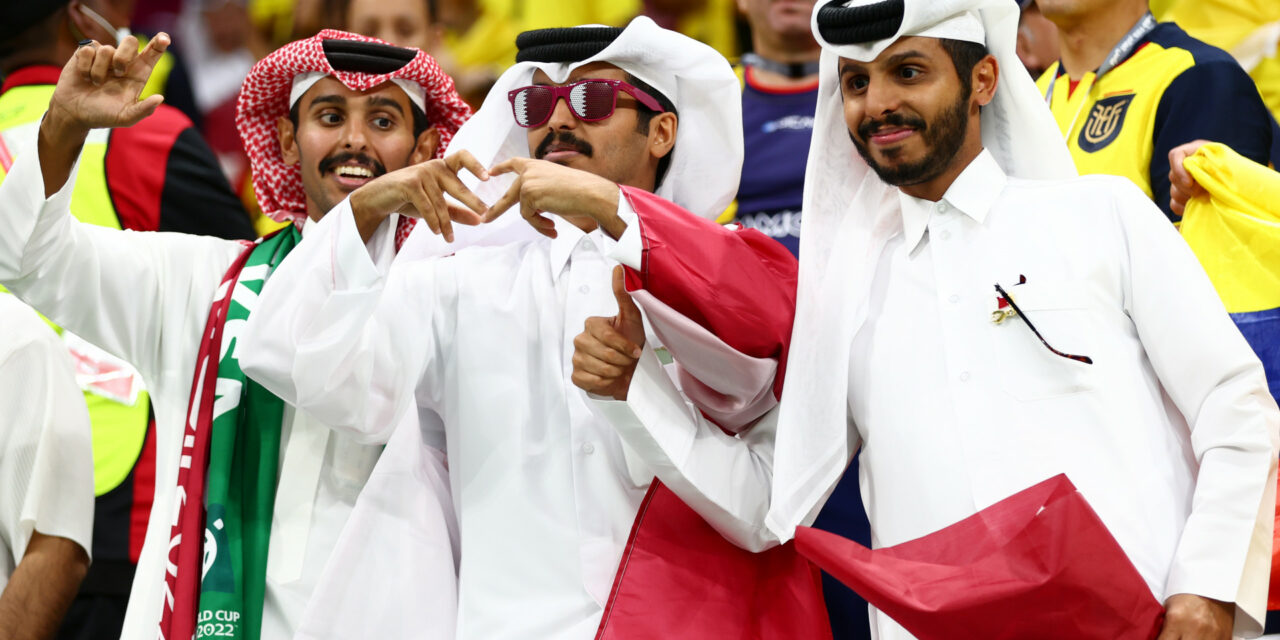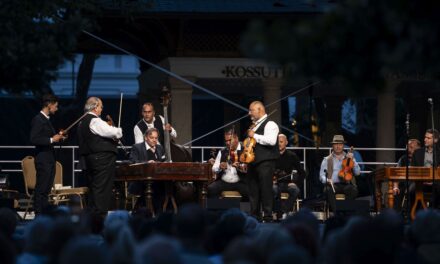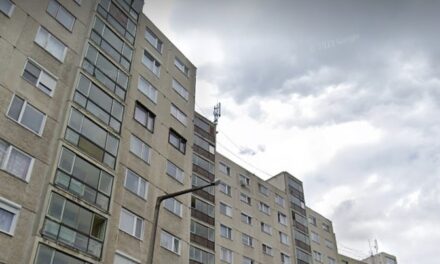The Qataris certainly succeeded in one thing: namely, that many regional leaders came specifically to take a closer look at the event, Professor Eyal Zisser, head of the Middle East History Department at Tel Aviv University, writes
The World Cup, which began in Qatar on Sunday, provided a great opportunity for the emirate's leaders to flaunt their power and wealth, as befits a country that feels it enjoys the privileged status of a regional power.
After all this, the multi-colored masquerade ball organized by Qatar did not achieve its ultimate goal, the battered reputation of "sports washing", and despite the huge sums of money poured into the competition, waves of harsh criticism poured in on the emirate and its rulers, mainly because of the way they were persuaded - more precisely, and not bribed, bribed - FIFA management to organize this illustrious sports tournament in Qatar.
Of course, many have also voiced strong criticism of Qatar's human rights abuses and exploitation of its foreign workers, who make up 77% of its 3 million population and whose blood and sweat have built the impressive facilities that host the FIFA World Cup.
But the Qataris managed to score a winning goal in a specific area. Many of the leaders of the region came there specifically to attend the opening ceremony of the competition and to get a first-hand glimpse of the fascinating phenomenon of regional unity through the lavish spectacle. Regional leaders appear to be somewhat less inclined to be easily spooked by international criticism of human rights abuses or corruption.
The first of them is Turkish President Recep Tayyip Erdogan, a close ally of Qatar, who has even sent police and security forces there to help maintain order during soccer matches.
Now, of course, it is time for him to come and reap the benefits of having given such steadfast support and loyalty to the Qataris.
The Turkish soccer team may not have made it to the finals, but a photo on the soccer field could be worth its weight in gold for Erdogan, who is currently seeking to secure his place in the presidential election mid-next year.
Egyptian President Abdel Fattah al-Sisi also decided to participate in the tournament for similar reasons and even shook hands with the Turkish president at the opening ceremony - the first meeting between the two politicians since al-Sisi was ousted in a military coup in July 2013. took power, to which Ankara responded strongly.
King Abdullah II bin Al-Hussein of Jordan was also visibly present at the VIP podium, as was Saudi Arabia's Crown Prince Mohammed bin Salman.
Although the latter came primarily to support the Saudi Arabian national team, his presence nevertheless gave legitimacy to the emirate of Qatar, which until recently was considered an enemy by both the Saudis and the Egyptians.
It is hard to imagine that these short meetings and handshakes will really make a significant difference in the complicated relations between Turkey and Qatar, or Cairo and Riyadh, but today's regional reality demands that people try to forgive and forget the past and, above all, seek cooperation for tomorrow. to meet its challenges.
However, the wind of change blowing in the Doha stadium was overshadowed by Iran - certainly not by the Iranian national football team participating in the tournament, but by the leaders of the Islamic State and the Iranian Revolutionary Guards, who cast a dark and threatening shadow over the entire region.
The World Cup will soon be forgotten, but the Iranian threat remains, and on the other side, Erdogan, Al-Sisi and bin Salman, who are more than ready to step up and pose for a photo together and shake hands.
Featured image: Twitter












